Trauma is a complex issue, as these books about trauma will illustrate. Different people can have an entirely different reaction to the same kind of traumatic experience; an event that might have little impact on one person can be deeply traumatic for another. Healing from trauma is also a highly individual journey. Different forms of therapy can have varying effects. What is life-savingly useful for one patient may be counterproductive for someone else.
The experiences that lead to trauma can also be hugely diverse. Some people have trauma from one specific, extreme incident, while others are traumatised by thousands of seemingly smaller, but still affecting, events over a course of time. Marginalised people will often experience systemic trauma, as a result of a lifetime of engaging with systems that treat them as Other; for example, a Black person can be traumatised after many years of racist microaggressions, even if they have not experienced a singular extreme event.
While trauma has many faces, there are also many paths to understanding and recovery. Whether you want to work on your own trauma, help a loved one who is going through their healing process, or simply learn more about how trauma affects the body and brain, there are plenty of books about trauma that have delved into all aspects of this deep and complex subject. These books are a start, and for those who need more support, these can help crack open the door to seeking professional help.
It Didn’t Start With You: How Inherited Family Trauma Shapes Who We Are and How to End the Cycle by Mark WolynnWe inherit more from our families than genetics, mannerisms or traditions; we can also inherit trauma. In It Didn’t Start With You, Wolynn looks at how trauma can continue to affect members of a family even if a traumatic incident occurred long before they were born, and puts forward ways that people can identify and start to heal this generational trauma. |

My Grandmother’s Hands by Resmaa MenakemAnother excellent examination of how trauma can affect people across multiple generations, My Grandmother’s Hands looks specifically at how racist violence and the trauma that results from it impacts mental and physical health. Menakem’s book discusses how racialised trauma affects multiple communities and comes up with strategies for healing on both personal and community levels. |
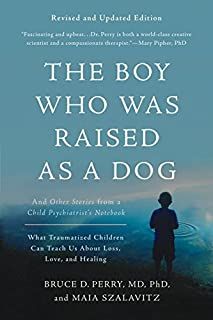
The Boy Who Was Raised As a Dog by Bruce D. Perry and Maira SzalavitzHarrowing but insightful, The Boy Who Was Raised As a Dog is based on child psychiatrist Bruce Perry’s experiences working with children who have been through horrific abuse. The book goes into the effects of trauma on the brain, but is ultimately hopeful, arguing that whatever horror someone has been through, healing is always possible. |
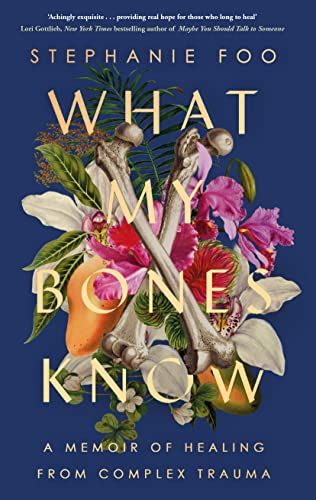
What My Bones Know by Stephanie FooIn this memoir, Stephanie Foo discusses receiving her C-PTSD diagnosis after being abused by her parents throughout her childhood, culminating in their abandonment of her when she was a teenager. Combining her personal story with interviews with psychiatrists and therapists, Foo dives deep into Complex PTSD and generational trauma. |
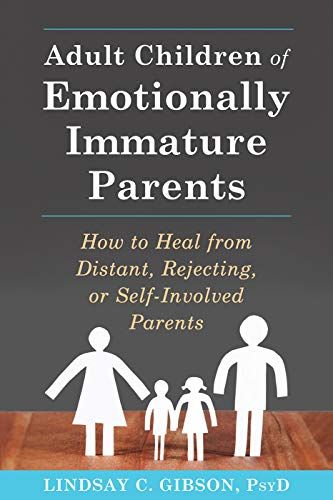
Adult Children of Emotionally Immature Parents by Lindsay C. GibsonTrauma can occur for many different reasons, but one of the most common ones is a difficult, contentious, or abusive relationship with one’s parents. Gibson goes through several different types of emotionally immature parents, from passive parents who avoid uncomfortable situations to the detriment of their children, to “driven” parents who are overly busy and too focused on perfection. She reassures the reader that they are not to blame for their parents’ actions or attitudes, and teaches skills on how to cope with difficult family situations in the future. |
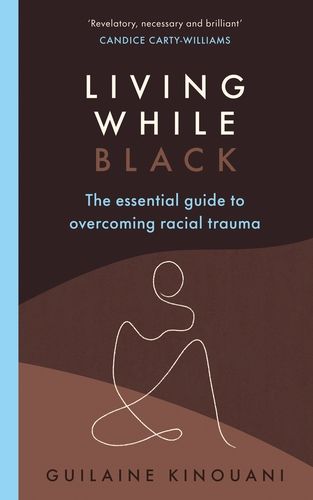
Living While Black by Guilaine KinoaniGuilaine Kinoani draws on her many years of experience as a therapist and radical psychologist in Living While Black, a guide to how Black people can protect their mental health and wellbeing while living in the traumatic setting of a white supremacist world. With sections on setting psychological boundaries, dealing with conversations about racism, and protecting children from racist trauma, Living While Black is an essential read. |
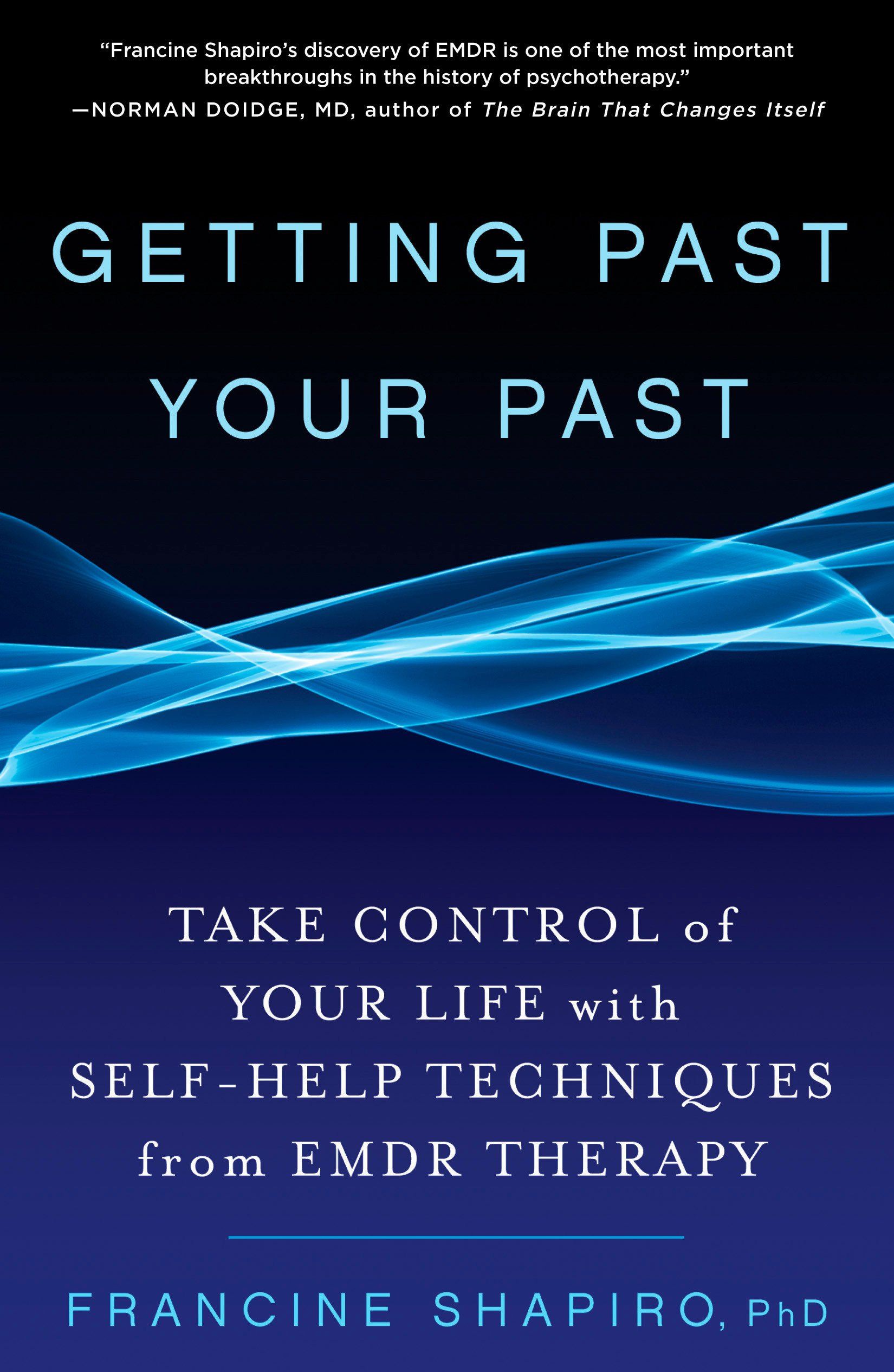
Getting Past Your Past by Francine ShapiroEye Movement Desensitization and Reprocessing (EMDR) is a form of psychotherapy that involves working through traumatic memories while making deliberate, specific eye movements. Developed by Shapiro, this process has had significant results for many patients. Getting Past Your Past details how you can use the technique to process past negative experiences, from day-to-day upsets to serious traumas, and helps the reader explore their past and their mindset in order to understand themselves better. |
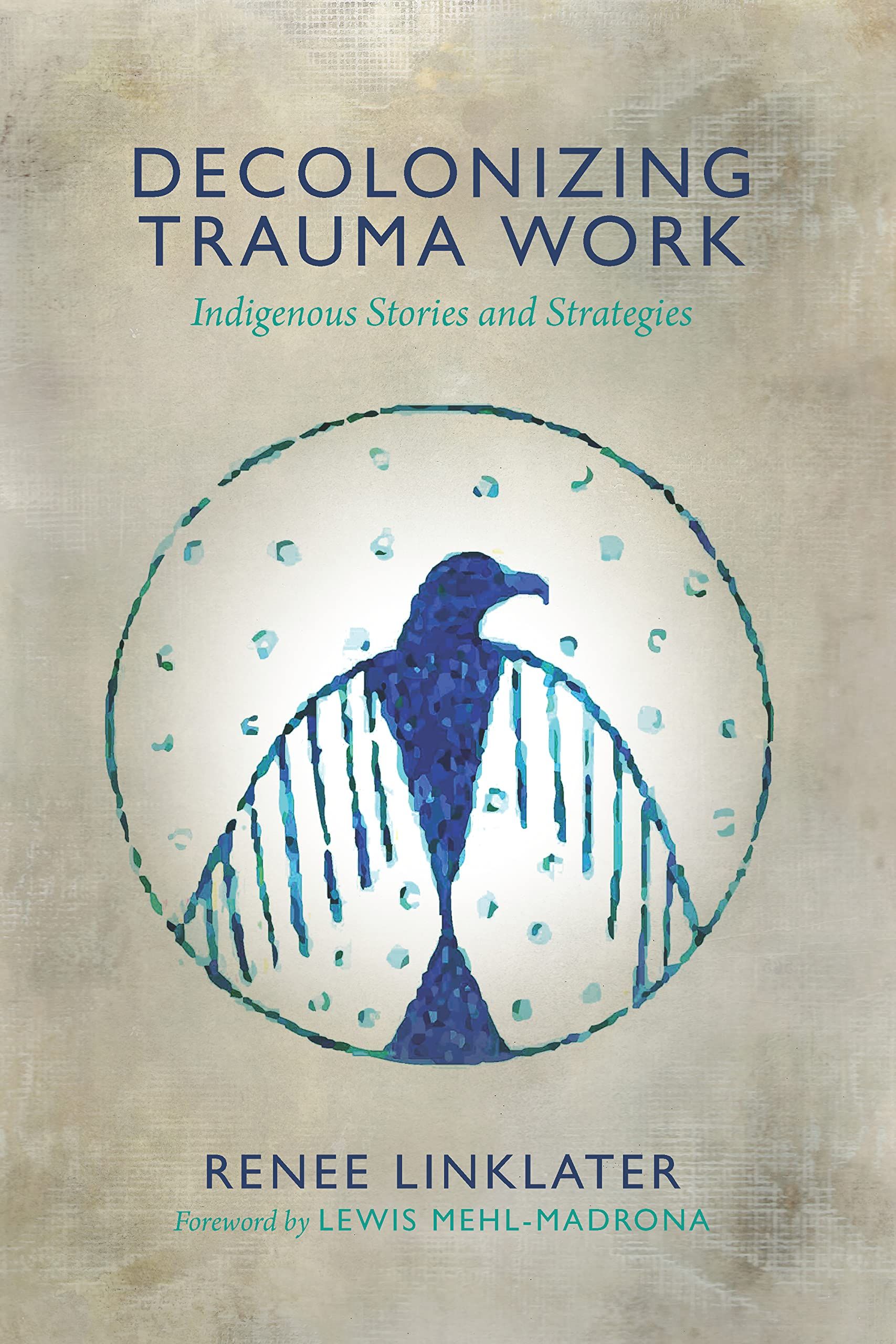
Decolonizing Trauma Work by Renee LinklaterIn this important book, Renee Linklater focuses on healing trauma in Indigenous communities. Taking a holistic approach, Linklater looks at the importance of ending racist discrimination and ensuring that healing occurs not only on an individual level, but as part of fixing institutions such as education, healthcare, and political systems. Drawing on the work of ten Indigenous healthcare practitioners, Decolonizing Trauma Work is an essential guide to countering trauma in Indigenous communities. |
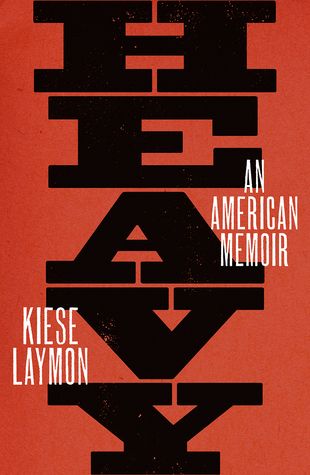
Heavy: An American Memoir by Kiese LaymanIn this memoir, novelist Kiese Layman explores many traumatic parts of his past, including sexual assault in childhood, his struggles with anorexia and gambling, and his complicated relationships with both his mother and his grandmother. A deeply personal book, Heavy takes a frank and open look at one man’s trauma and survival. |
If you want to read more of people’s own experiences in more books about trauma, try our list of 9 Memoirs About Recovering From Trauma. For a look at some fascinating studies, try How Horror Helps With Processing Grief and Trauma.
Source : 9 Healing Books About Trauma









